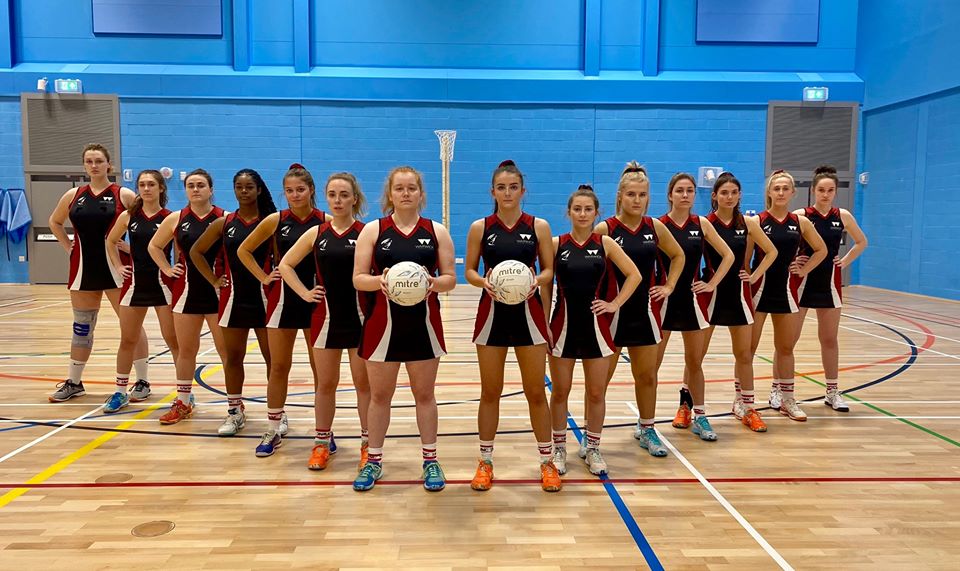Women’s Netball Club complete 1,257-mile challenge in support of the NHS
With the sporting calendar on hold, sports clubs and athletes around the world have turned their attentions to helping those in need. Over a ten-day period in April, the University of Warwick’s Women’s Netball Club (UWWNC) completed 1,257 miles to raise money in support of NHS Charities Together during the COVID-19 pandemic.
UWWNC completed their 1,257-mile challenge, one mile for each NHS facility across the UK, using their daily exercise allowance on 30 April. The Club has raised £1,855 in support of the NHS, while stating their gratitude for key workers across the country.
Why not use this privilege to help other people?
– Lina Khalil
Lina Khalil, Charity Secretary of the UWWNC, spoke to The Boar about the importance of giving back to the community, the hurdles that her teammates had to overcome throughout the challenge, and the importance of sticking together throughout the current era of social distancing.
Why is it important that University clubs and societies give back to the community?
“It’s important to remember how lucky we all are. Being healthy, having access to so many opportunities, and with the chance to graduate from a top university, it’s easy to forget our privilege. Giving back to the community can be a reality check – something we all need from time to time. You don’t need to travel far to witness the greater struggles other people face whether it be economically, socially or with their health. Not only does giving back help make you realise how fortunate you are, but more importantly why not use this privilege to help other people?
We wanted to do something to give back
– Lina Khalil
“Dedicating an hour of your time each week, donating a percentage of your income, or participating in challenges to raise money and awareness for others are all easy ways to help. During this crisis, UWWNC realised our privileged position. We wanted to do something to give back to the people who are risking their own health to make a difference in their communities.”
What was the biggest hurdle the team had to overcome to complete the challenge?
“We knew we wanted to do some sort of challenge; we just needed to work out a safe and inclusive initiative which respected government guidelines. The biggest hurdle would have been actually coming up with a challenge idea that we could all take part in, considering some girls had injuries, while still having an element of challenge.
Not having a final term has been upsetting to many
– Lina Khalil
“We settled on giving each member the opportunity to choose how they completed the required miles whether it be by walking or running and making the challenge last over 10 days so that if girls did have a day off due to bad weather or for other reasons, they would still have enough time to catch up with their miles.”
Has the challenge helped to bring the club together despite spending term three apart, if so – what impact has that had on morale?
“Absolutely! Not having a final term has been upsetting to many but particularly to our finalists. Finishing in such an abrupt way has made this academic year feel incomplete, so we have been doing our best to engage our members in challenges and virtual activities to keep club morale high.
“This walkathon was a way for every member to take part in supporting a great cause but also to do something enjoyable that would unite us all while we were isolating apart. As we all relied on each other to reach our club goal it gave us more motivation to get up out of bed to do the challenge. Daily exercise is good for your mental health and supporting the NHS with your fellow club members made this a fun but rewarding challenge. Being able to see how much your friends had run, having every girl sharing the fundraising page and posting pictures on social media really helped bring us all together in this difficult time.”

Comments